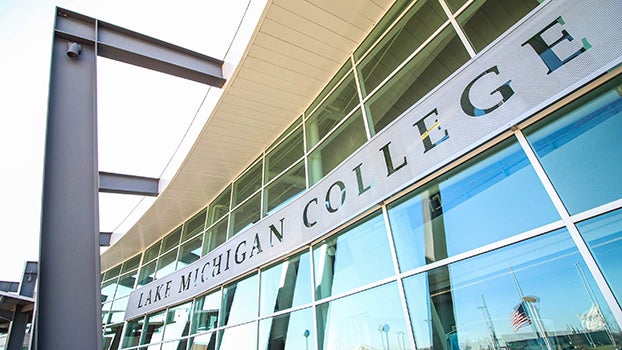LMC offers courses for academic success
Published 10:03 am Friday, March 3, 2017
Adjusting to the fast-paced, deadline oriented world of college can be difficult for any student.
When students do not know how to cope with the new environment it could mean more than failing a few classes. They may spend time and money taking remedial courses that provide no credit, but cost money, putting them farther behind and deeper in debt.
At Lake Michigan College a program called Learning to Learn offers students a way to earn college credit, while acquiring the skills aimed to help them achieve academic success.
The program was founded by Marcia Heiman, and is used in several colleges through out the country.
Amy Scrima is a psychology professor and the co-chair of social sciences and humanity and art at the college. Scrima also teaches the Learning to Learn program. The program is taught through a three-part college life studies class.
Instead of memorizing facts, students are taught how to think critically and apply the skills they use.
“Learning to Learn is an inquiry based approach to both academic success and life skills,” Scrima said. “This is in contrast to other “study skills” methods that are usually based on a memorization model.”
While LMC students who qualify as remedial may be required to take at least one of the courses, the program is available to any students that want to become more efficient in their studies, Scrima said.
“One of the benefits and functions of this system is that it does help to acclimate students to college life and college expectations,” Scrima said. “We are not just talking about managing homework.”
Students learn tools for studying in more efficient time blocks, note taking and test taking skills, as well as critical thinking techniques. The material also covers finance, health and general life skills, Scrima said.
The first of the three-part program is offered in the summer, before the semester so that students start off on the right foot, Scrima said.
In the second class students continue to learn how to utilize the methods they have been taught, while in the third portion of the program, which is a lab supplement, students can bring in their homework or other class material to get help applying the skills they have learned to their course work.
The Washington Post mentioned the success of the program in an article titled “An alternative to remedial college classes gets results,” which was published Feb. 14.
The article talks about the programs use in several colleges across the U.S., citing Lake Michigan College as an example where students use Heiman’s work.
At LMC, Scrima said she often sees a positive difference in students work from the beginning of the semester to the end.
Scrima also referenced several studies, which show the course can impact students positively. One such report published in Academic Leadership, cited that probationary students were able to achieve a two-letter grade increase over a previous semester.
The study also showed students in the program had higher retention rates compared to non-LTL students.
Scrima said that students in the program could gain tools not only for academic success, but also for success outside of the classroom.
“If you are an effective learner, it is going to help you with every facet of life,” Scrima said. “Our goal as educators is to help them see the bigger picture.”







